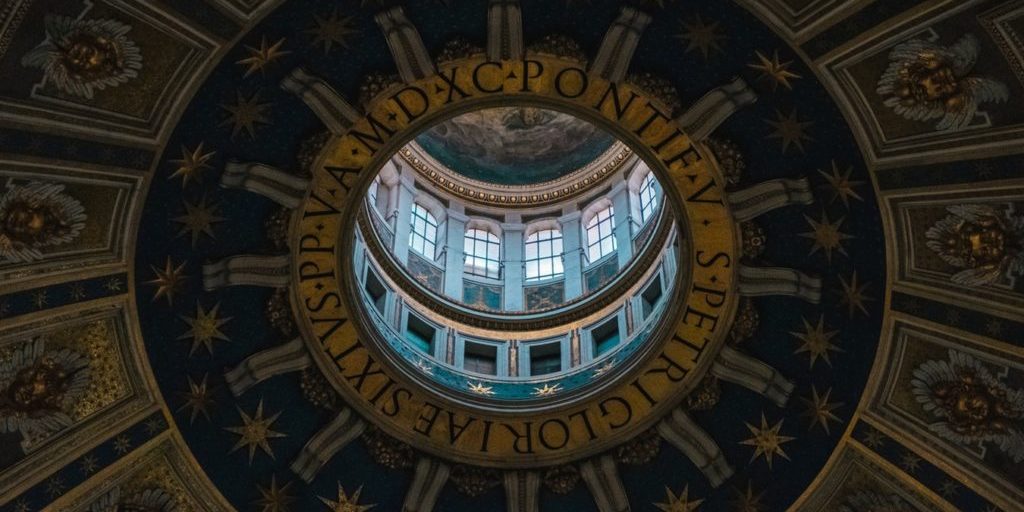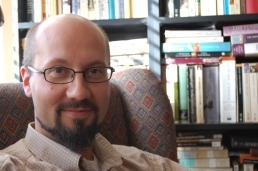
Would the Real Catholic Church Please Stand Up: What Remains at Stake 500 Years After the Reformation
The latest issue of  Credo Magazine focuses on The Impassibility of God. The following excerpt is from Korey Maas’ book review, which records what remains at stake five-hundred years after the Reformation. Korey D. Maas (DPhil, University of Oxford) is Assistant Professor of History at Hillsdale College.
Credo Magazine focuses on The Impassibility of God. The following excerpt is from Korey Maas’ book review, which records what remains at stake five-hundred years after the Reformation. Korey D. Maas (DPhil, University of Oxford) is Assistant Professor of History at Hillsdale College.
Though pejoratives such as “papist” and “Romanist” have largely become relics of a more polemical age, one still hears occasional complaints even about the more benign and utterly conventional “Roman Catholic” label. Offense is taken most often by those who deem the adjective an unwarranted qualification, even contradiction, of what “Catholic” literally means: universal.
The central thesis of the provocatively—but aptly—titled Roman but Not Catholic: What Remains at Stake 500 Years after the Reformation (Baker Academic) is not only that such a qualification is entirely warranted, but that there is indeed a contradiction. The problem, however, lies with invocations of the term “Catholic” rather than “Roman.” That is, by demanding assent to doctrines never having been accepted by the universal church, “the Church of Rome is not sufficiently catholic”; it is, as C.S. Lewis once remarked, “as much a provincial or local variation from the central, ancient tradition as any particular Protestant sect is” (83). As the nod to Lewis suggests, Collins and Walls are here reiterating and explicating a longstanding critique of Roman Catholic self-understanding—an understanding, as they regularly point out—that raises serious barriers to Christian unity and therefore real catholicity.
Read Korey Maas’ entire book review in the latest issue of Credo Magazine: The Impassibility of God.

